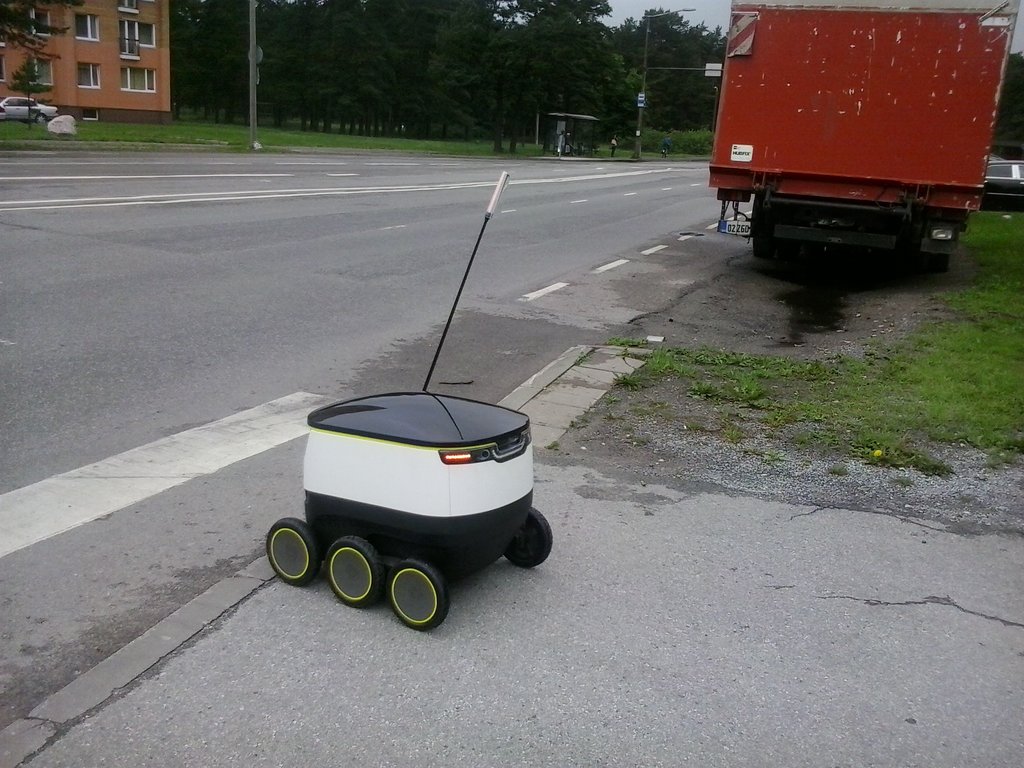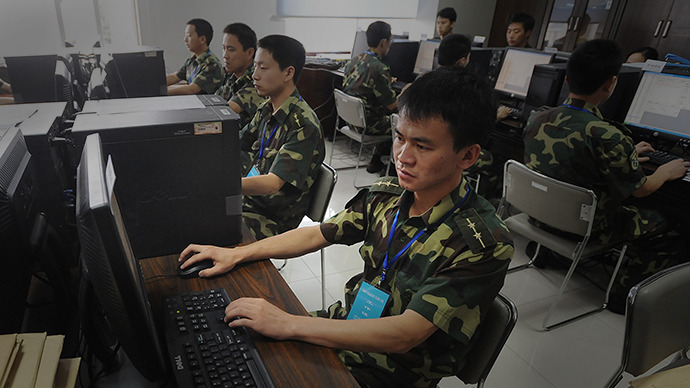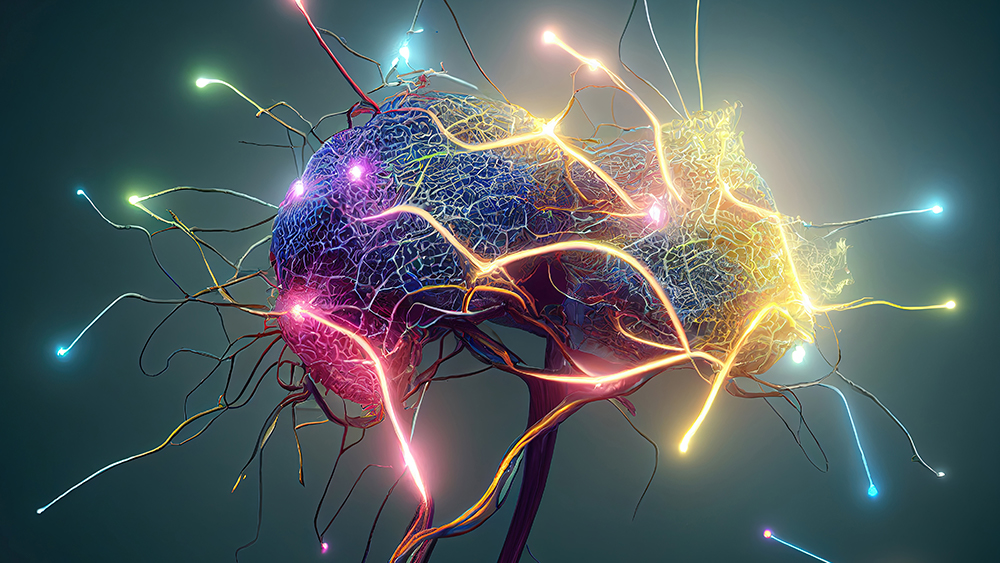AI takeover is INEVITABLE: Experts warn artificial intelligence will become powerful enough to control human minds, behaviors
06/08/2023 / By JD Heyes

Artificial intelligence (AI) is a rapidly evolving field of computer science that seeks to create intelligent machines that can perform tasks that traditionally require human intelligence, such as understanding natural language, recognizing visual patterns, and learning from experience.
AI has the potential to revolutionize many aspects of our lives, from healthcare and transportation to education and entertainment. But, experts are warning, it also has the potential to destroy human existence or become so powerful it controls human behaviors.
The history of AI can be traced back to the 1950s, when scientists and researchers first began exploring the possibility of creating machines that could think and learn like humans. The field of AI experienced several boom and bust cycles over the years as researchers encountered both technical and funding challenges.
However, the recent advancements in computing power, data storage, and machine learning algorithms have led to a renewed interest in AI, and especially its dangers.
“Given enough time, artificial intelligence would completely dominate our society. AI technology has been growing at an exponential rate, and it can already perform thousands of tasks better than humans can. Eventually, there would be very few jobs that AI could not do more efficiently than we can,” Michael Snyder wrote in his blog, End of the American Dream.
“Just look at all the things that ChatGPT can do right now. There is no way that we can compete with that. As AI technology continues to become even more sophisticated, millions upon millions of jobs will be lost, and that will create a giant underclass of people that are simply not needed by society,” he added.
AI is being used in a wide range of applications, from virtual assistants like Siri and Alexa to self-driving cars and drones. AI is also playing an increasingly important role in healthcare, where it is being used to analyze medical images, diagnose diseases, and develop new treatments.
In finance, AI is being used to detect fraud, predict market trends, and manage investments. And in education, AI is being used to provide personalized learning experiences and improve student outcomes.
Snyder said: “We are being told that AI could result in the rise of ‘new religions,’ and many in the transhumanist community are looking forward to ‘enhancing’ themselves by actually merging with artificial intelligence.”
He added:
Would you like to learn a new language in just seconds? Would you like to have the ability to process information thousands of times faster than you currently do? Would you like to be a “super-intelligent” being that has “godlike powers” compared to everyone around you?
Transhumanists believe that people will literally have the ability to become “superheroes” as we merge with computers, technology, and artificial intelligence. And it is happening a lot faster than a lot of people ever thought.
One of the most dangerous aspects of AI research is machine learning, which involves teaching machines to learn from data and improve their performance over time. This is done by feeding large amounts of data into machine learning algorithms, which then analyze the data and identify patterns and relationships.
Machine learning algorithms can be used for a wide range of tasks, from image and speech recognition to natural language processing and predictive analytics. And it can also be used to hijack human functions.
“Some industry insiders are warning that it is extremely dangerous to be playing around with such technologies,” Snyder warned in his blog. “For example, the founder of DeepAI is claiming that our future will be dominated by ‘digital brains’ that are superior to human brains, and he is warning that this ‘should terrify you.'”
Sources include:
Submit a correction >>
Tagged Under:
AI, artificial intelligence, Collapse, computing, cyborg, Dangerous, enslaved, future science, future tech, Glitch, godlike power, image recognition, information technology, insanity, machine learning, mind control, mind takeover, new religion, robotics, speech recognition, Tasks, transhumanism
This article may contain statements that reflect the opinion of the author
RECENT NEWS & ARTICLES
COPYRIGHT © 2017 COMPUTING NEWS


















